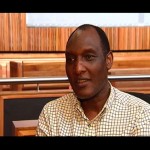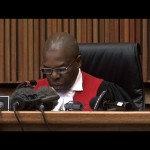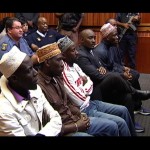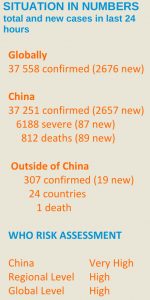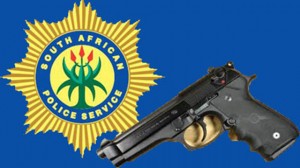In this week’s episode of Special Assignment we follow-up on our earlier programme about the political situation in Rwanda and the fallout between those who were once close allies. In what seems to be a bizarre war waged on South African soil, while the world still awaits progress regarding the investigation into the murder of former Rwandan intelligence chief, Patrick Karegeya, the mystery about the Rwandan government’s alleged involvement in either the killing or disappearance of political activists remains.
Karegeya was killed following his meeting with an old informant at the Michelangelo Towers in Johannesburg. Reports say this old friend was used as bait to get him killed and the Rwandan government is suspected of being behind the act.
Now, in an attempted murder case that started in 2010 involving former Rwandan army chief General Kayumba Nyamwasa, a South African court has found that the attempt on his life was a politically motivated plot which emanated from the Rwandan government. Last Friday, the drawn-out court case came to an end when Magistrate Stanley Mkhari found four of the six accused, guilty of shooting and wounding the Rwandan General. Their sentences will be handed down on 10 September. The other two suspects, including the alleged ringleader and the general’s former driver, were acquitted.
The common denominator between these two former top Rwandan officials is the fact that they were part of the country’s security establishment and had, in fact, fought alongside President Kagame in the war to take over Kigali. The Rwandan government denies all allegations levelled against it. But questions remain about the political future of Rwanda, as the country’s alleged persecution of opponents puts a blot on its commendable efforts to rise from the ashes of the 1994 genocide, in which 800,000 ethnic Tutsis and moderate Hutus were killed.
Judging by the outcome of this case, how many more would arrive at the same conclusion across the world, if the victims also had the opportunity to have their cases taken and argued in court?

